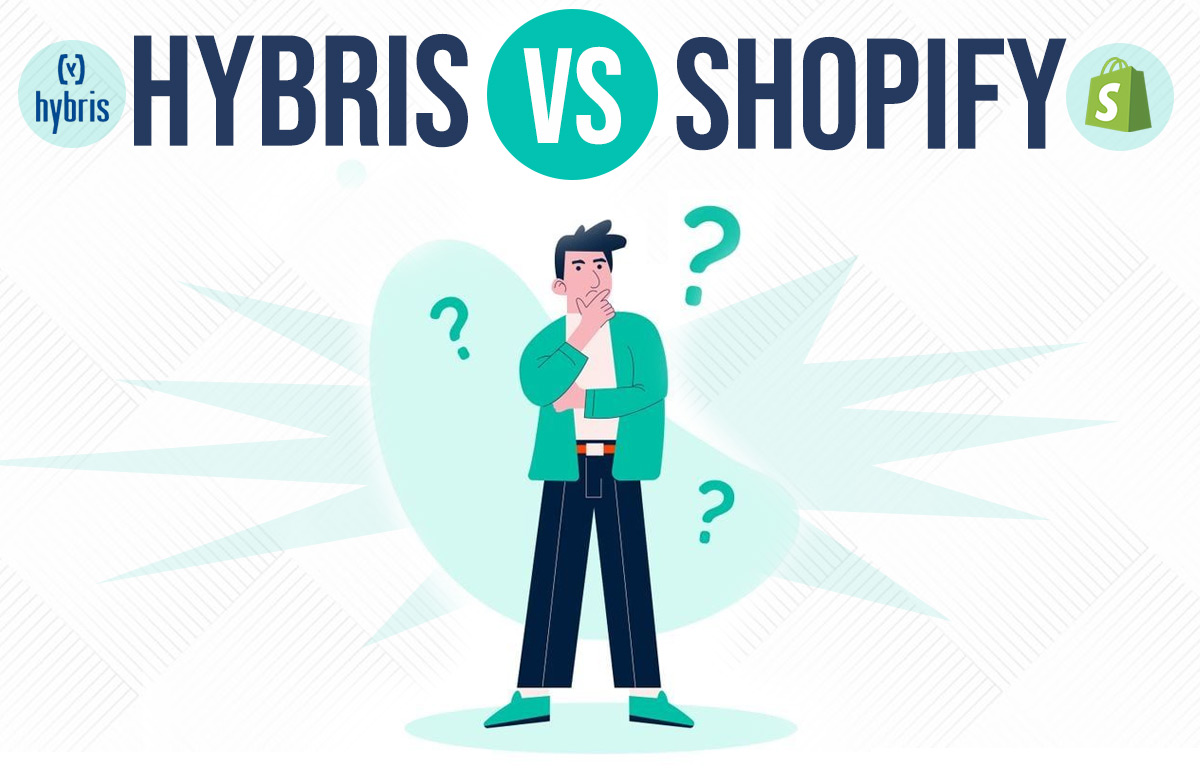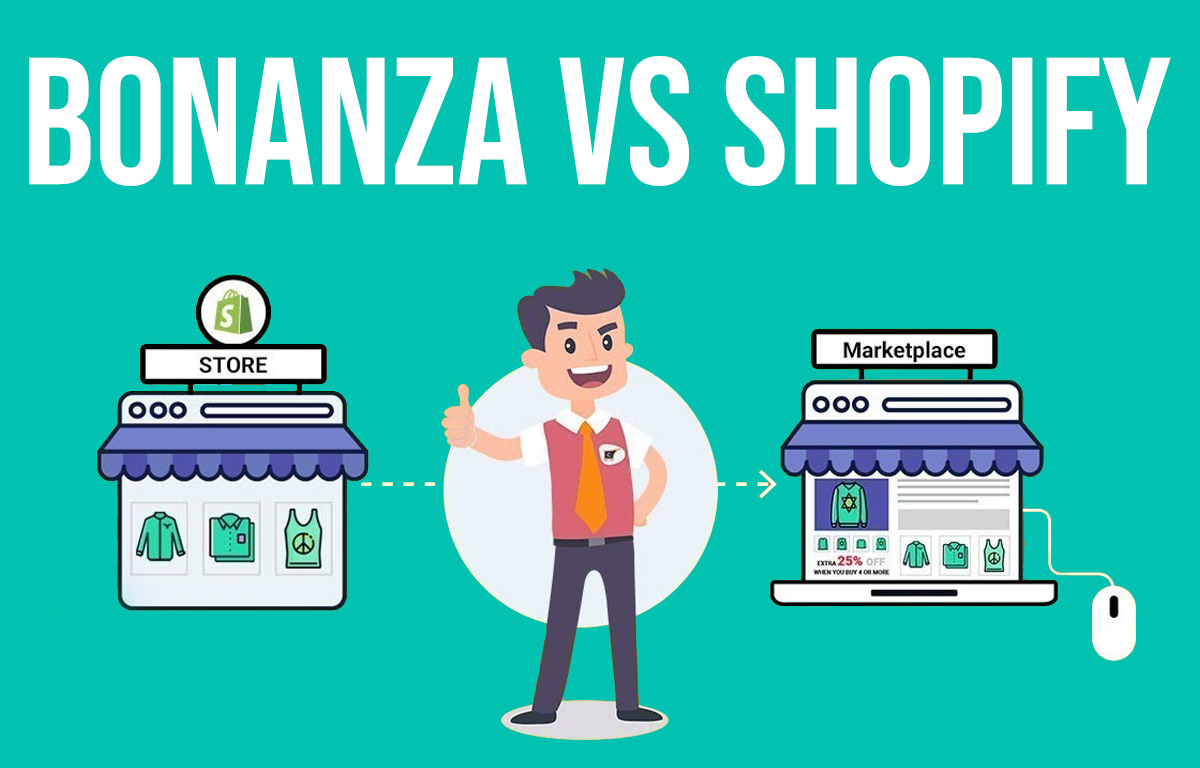Introduction:
In the rapidly evolving world of e-commerce, selecting the right framework is pivotal for building a resilient and scalable online store. E-commerce frameworks serve as the foundation, providing developers with a structured platform to construct, customize, and maintain feature-rich e-commerce websites. In this extensive exploration, we will delve into various e-commerce frameworks, unraveling their features, advantages, and how they cater to diverse business needs in the digital marketplace.
Understanding E-commerce Frameworks:
E-commerce frameworks are the backbone of online stores, offering developers a structured foundation for efficient website development. These frameworks provide a set of tools, libraries, and conventions that streamline the development process, ensuring a seamless and feature-rich online shopping experience.
Summary: E-commerce frameworks are essential tools for developers, offering a structured foundation for efficient and feature-rich online store development.
Popular E-commerce Frameworks:
| E-commerce Framework | Pros | Cons |
| Magento | – Scalability and flexibility. Robust feature set.Strong community support. | – Higher learning curve for beginners.Resource-intensive, requiring robust hosting. |
| Shopify | – User-friendly interface.Quick setup and hosting. Extensive app marketplace. | – Limited customization compared to self-hosted solutions.Transaction fees on some plans. |
| WooCommerce | – Seamless integration with WordPress. Highly customizable. Large community and plugin ecosystem. | – Requires a WordPress site.May need additional plugins for certain features. |
| OpenCart | – Simple and user-friendly. Lightweight and fast. Large extension marketplace. | – Limited scalability for large enterprises.Smaller community compared to some alternatives. |
| PrestaShop | – User-friendly admin interface.Extensive themes and modules.Multilingual and multi-store support. | – Can be resource-intensive.Limited scalability for very large stores. |
Summary:
- Magento offers extensive features but has a steeper learning curve.
- Shopify is user-friendly but may have limitations in customization.
- WooCommerce integrates well with WordPress, providing flexibility.
- OpenCart is lightweight and straightforward, suitable for smaller stores.
- PrestaShop has a user-friendly interface but may face scalability challenges for larger stores.
Now let’s understand more about them :
1. Magento:

– Renowned for its scalability and flexibility, Magento powers some of the world’s largest e-commerce sites. A recent survey by BuiltWith reveals that Magento holds a significant market share in the e-commerce platform landscape.
2. Shopify:

– Recognized for its user-friendly interface, Shopify is an excellent choice for small to medium-sized businesses. According to Statista, Shopify’s market share in the e-commerce platform market has been steadily growing.
3. WooCommerce:

– A WordPress plugin, WooCommerce integrates seamlessly with existing WordPress websites. It powers a notable percentage of online stores, as indicated by WooCommerce Stats.
4. OpenCart:

– Known for its simplicity and user-friendly interface, OpenCart caters to small to medium-sized businesses. The platform boasts a considerable user base, contributing to its popularity.
5. PrestaShop:

– PrestaShop is an open-source e-commerce solution with a user-friendly admin interface. It has gained popularity in the market, and its usage statistics are highlighted in the PrestaShop Usage Stats.
Summary: Various e-commerce frameworks cater to different business needs, each with its unique features and user base.
Key Considerations in Choosing an E-commerce Framework:
1. Scalability:
– A study by TechCrunch emphasizes the importance of scalability, indicating that businesses should choose frameworks that can accommodate growth.
2. Customization:
– Customization is crucial for brand alignment. According to Econsultancy, businesses with customized user experiences see a significant increase in conversion rates.
3. SEO-Friendliness:
– Search Engine Land highlights the impact of SEO on e-commerce success. Frameworks with built-in SEO features contribute to improved visibility in search engine results.
4. Security:
– Security is paramount in e-commerce. A report by Norton reveals that online shoppers prioritize secure websites, making it imperative for businesses to choose frameworks with robust security measures.
5. Community Support:
– Stack Overflow, a community of developers, plays a crucial role in troubleshooting. Active forums and community support contribute to the success and troubleshooting capabilities of a framework.
Summary: Businesses must consider scalability, customization, SEO-friendliness, security, and community support when selecting an e-commerce framework.
Emerging Trends in E-commerce Frameworks:
1. Headless E-commerce:
– A report by Gartner highlights the rise of headless e-commerce, emphasizing the decoupling of front-end and back-end for greater flexibility.
2. Progressive Web Apps (PWAs):
– Google advocates for PWAs, stating that they enhance user experience, providing a fast and reliable experience.
3. Artificial Intelligence Integration:
– According to McKinsey, AI is transforming e-commerce, enhancing personalization, and improving the overall customer experience.
Summary: Emerging trends include headless e-commerce, PWAs, and AI integration, shaping the future of online shopping experiences.
Conclusion:
In the ever-evolving landscape of e-commerce, the choice of an e-commerce framework is a pivotal decision that significantly impacts the success of an online store. Whether opting for the flexibility of Magento, the simplicity of Shopify, or the integration capabilities of WooCommerce, understanding the nuances of each framework is essential. Considerations such as business requirements, scalability needs, and emerging trends must guide this decision-making process. Choosing the right framework is not just a technical choice; it’s a strategic investment in the future of an online business.
Summary: The right e-commerce framework is a strategic investment for businesses, influencing the future success of their online ventures. Continuous adaptation to emerging trends is key to staying competitive in the dynamic e-commerce landscape.




